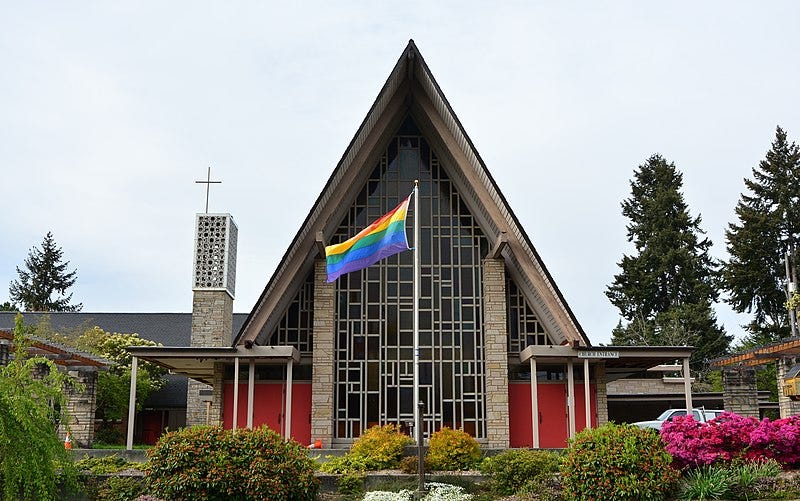The early beginnings of liberation theology can be traced to Latin America in the 1960s. The thrust of this movement began as a result of young Catholic and Protestant theologians reflecting on the people’s life of faith within the context of the people’s resistance to oppressive living and working conditions. These liberation theologies speak of God and Jesus as liberators of the poor and oppressed and insist that justice and spirituality work hand in hand. They also reflect on the experiences of women and men who assume co-responsibility with God for their liberation. This article concentrates on Latin America but also indicates links with parallel theologies elsewhere.[1] It should be noted that this liberation theology, officially born in 1968 gave rise to black liberation theology in North America, South African liberation theology, Korean minjung theology Christians for National Liberation in the Philippines.
The theologians at the center of this new theology began their work around the same time as the beginning of the second Vatican Council (1962-65). They began with issues such as the relationship between faith and poverty, and the gospel and social justice, as well as new models of church. In a meeting in Petropolis, Brazil in 1964 it earned the term “critical reflection on praxis.” It is clear that Vatican II inspired and gave guidance to these theologians. The conciliar Decree on the Apostolate of Lay People, Apostolicam actuositatem (§8), encouraged this new wave of Latin American theologians to consider the faith community’s works of charity and justice as a source for theology.[2]
If one looks at the core theme of these various methods of liberation theology, they all share two things in common: the belief that God and Jesus should be viewed as liberators of the poor and the oppressed. Second, justice and spirituality work hand in hand. In other words, your spirituality can be measured by your involvement with justice in the world. If you are not seeking justice for the oppressed, then you are not spiritual. The bedrock principle of liberation theology from its emphasis on love and justice is the option for the poor. This option involves a free commitment by individuals or groups to resist exploitation of the poor and oppressed and to work proactively to change social structures to new ones that protect the dignity and rights of the poor. These Latin theologians took as their point of departure for doing theology, the reality of those who are poor and oppressed.





